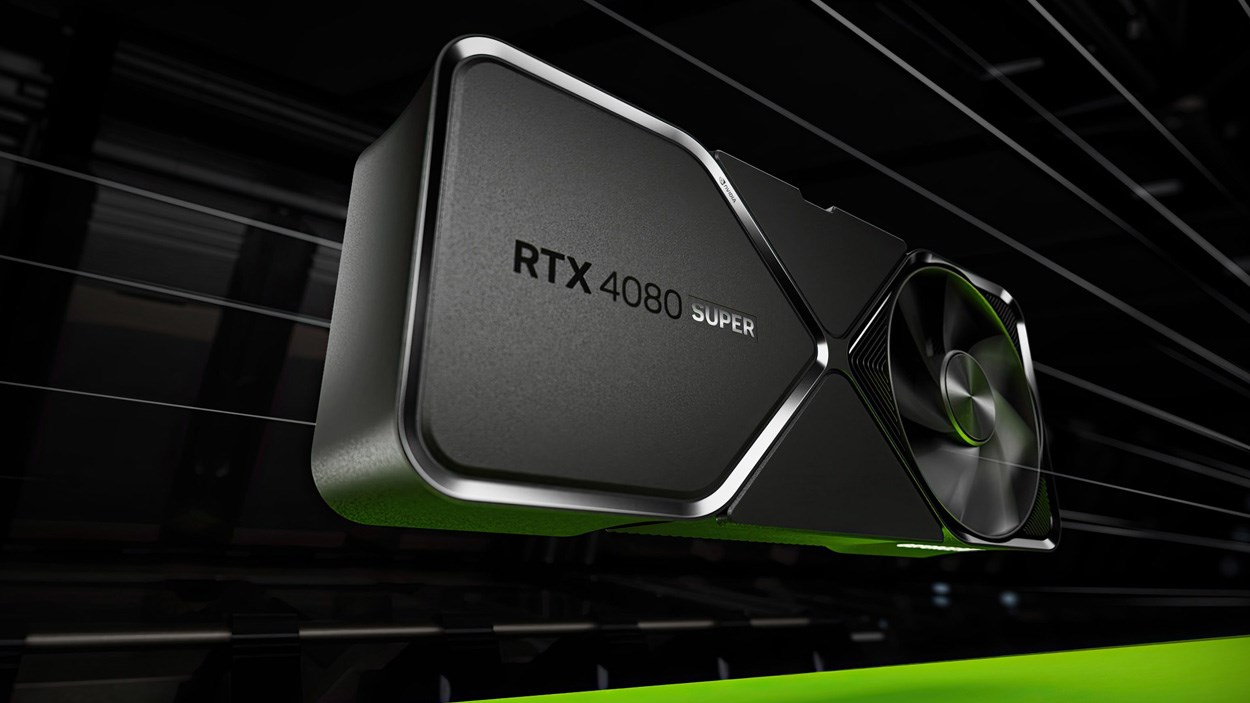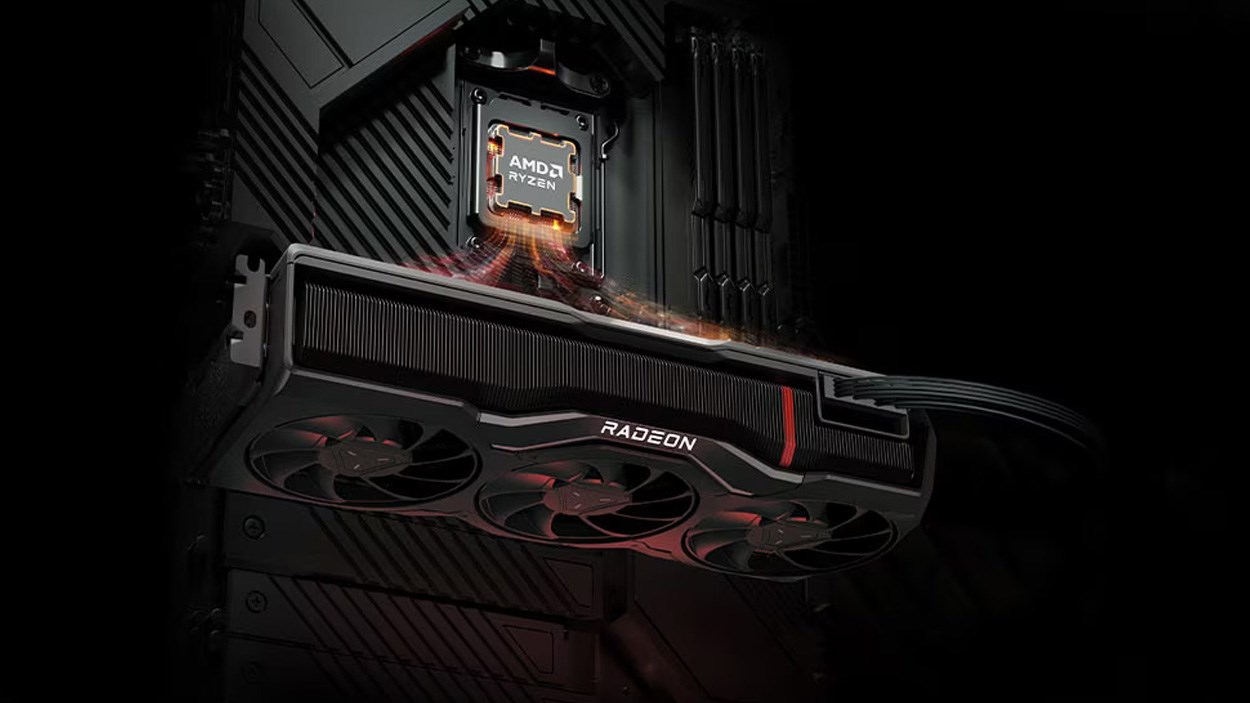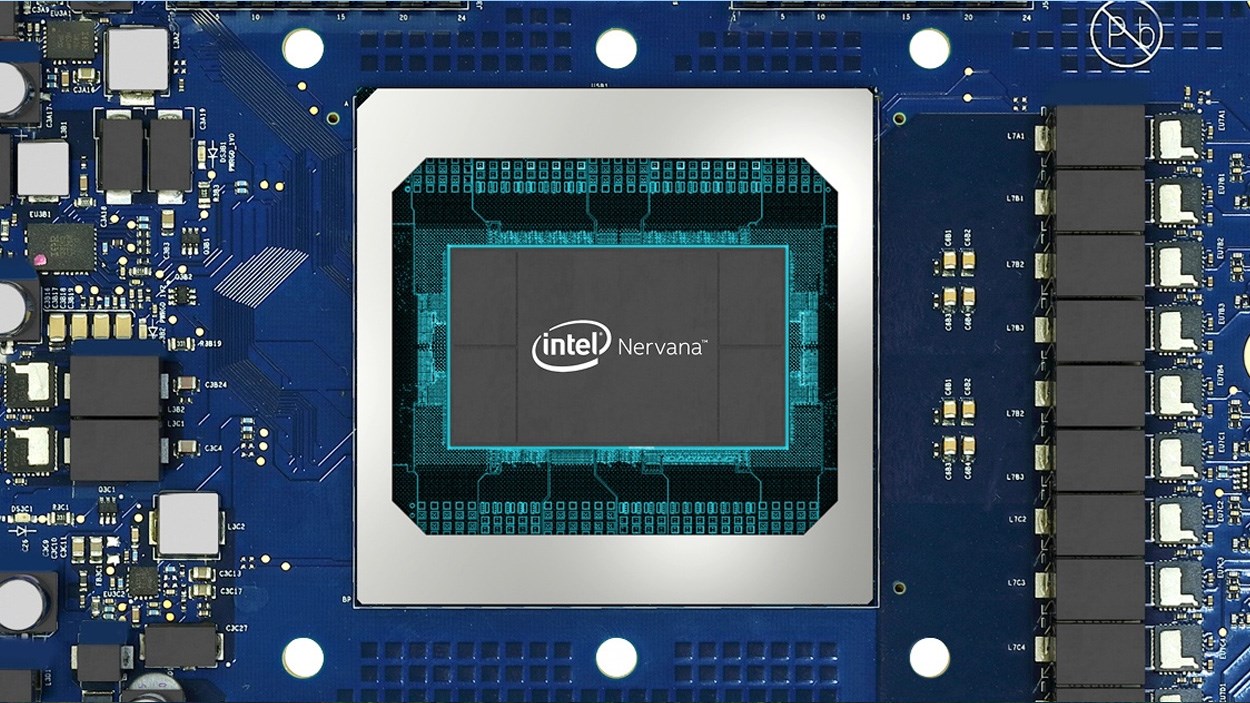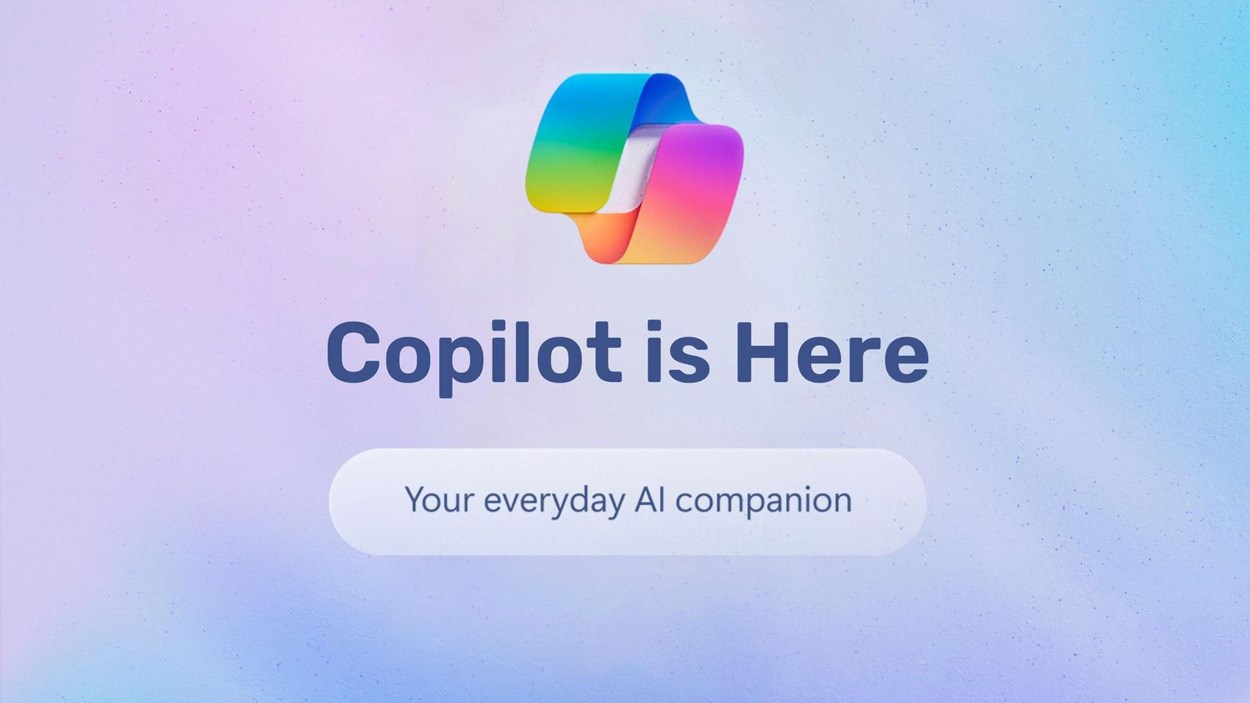In the world of computing, innovation is relentless, and the integration of artificial intelligence (AI) has become more than just a trend – it's a game-changer. As technology enthusiasts, we're constantly seeking ways to push the boundaries of what's possible with our PCs, and the emergence of AI-enabled components has opened up a realm of possibilities like never before.

At the forefront of this revolution are the latest offerings from industry giants such as Nvidia, Intel, and AMD. With the advent of the Nvidia 40 series GPUs and Intel and AMD CPUs embedded with cutting-edge AI technology, users now have access to hardware that not only excels in traditional computing tasks, but also possesses the neural prowess to tackle complex AI workloads with ease.
Imagine a PC that not only meets your demands for speed, performance, and reliability but also possesses the intelligence to adapt and optimize itself based on your usage patterns and tasks. Today, we delve into the exciting realm of building a PC with components that boast AI capabilities, where every piece of hardware becomes a powerful cog in a machine designed to anticipate your needs and elevate your computing experience to new heights.
GPUs with AI Technology
There are many different ways AI can be leveraged that range from less intensive tasks like productivity assistance to deeply intensive tasks such as Deep Learning Super Sampling (DLSS), Frame Generation and Ray Reconstruction, and it’s these workloads that require powerful components.
And in Nvidia’s RTX 40 Series GPUs, you have a powerful AI workhorse.

Their most recent 40 Series Super graphics cards are brimming with AI-enhanced technology, with up to 52 shader TFLOPS, 121 RT TFLOPS and 836 AI TOPS to “supercharge gaming and creating.” Plus, when it comes to utilising DLSS in gaming, Nvidia says “seven out of eight pixels can be AI-generated, accelerating full ray tracing by up to 4x with better image quality.”
Beyond gaming, Nvidia 40 Series GPUs unlock new horizons in productivity, enabling lightning-fast rendering, complex simulations, and accelerated data analytics. This is done via their built-in AI-accelerating software NvidiaTensorRT.
TensorRT provides high-performance AI acceleration for a range of tasks and even includes an “open-source library that accelerates inference performance for the latest large language models.” Nvidia also states that in AI workloads, the “GeForce RTX 4080 SUPER generates video over 1.5x faster and images over 1.7x faster than the RTX 3080 Ti.”
Nvidia aren’t the only ones bringing their GPUs into the world of AI though, AMD is too.
Their Radeon 7000 Series range of GPUs were also built with AI in mind. They feature “advanced AMD RDNA 3 compute units, with second-generation raytracing accelerators and new AI accelerators to deliver remarkable performance while maximising graphical fidelity.”

In gaming, their AI capabilities may be slightly weaker, but in content creation, they definitely hold their own. AMD states that “Radeon RX 7000 Series Graphics Cards deliver up to 4x Faster AI Performance in DaVinci Resolve 18.6” so for video editors, an AMD 7000 series GPU could be the way to go.
So, whether you're a gamer, content creator, or AI researcher, the inclusion of these GPUs in your PC build promises a transformative experience, where the boundaries of possibility are pushed ever further with each computational task.
CPUs with AI Technology
The CPU also plays a pivotal role in managing the overall AI computational workload, and its specifications can significantly impact the performance of your AI training tasks.
Some of both Intel and AMD’s newest lineups of CPUs come fitted with a specialised block called a Neural Processing Unit, or NPU for short. These NPUs are specialized hardware components designed to accelerate the execution of artificial intelligence (AI) and machine learning (ML) algorithms.

NPUs, unlike general-purpose processors, are designed to handle the complicated mathematical computations required for neural network operations, which are critical to AI applications such as image recognition, natural language processing, and deep learning.
Through the transfer of these calculations from conventional CPUs or GPUs, neural processing units (NPUs) can greatly increase the speed and effectiveness of artificial intelligence applications. Machine learning activities can be accelerated by up to 10,000 times faster with NPUs than with GPUs, according to estimates.
Intel’s recent range of Core Ultra processors come with integrated AI capabilities and Intel states that the chips also “include more powerful gaming capabilities and the added graphics muscle can help programs like Adobe Premier run more than 40% faster.”
AMD also recently revealed their new lineup of Ryzen 8000 Series processors, and the top two offerings in the stack come with what they are calling Ryzen AI. AMD says this technology is “uniquely able to accelerate AI software capabilities in your PC to optimize AI workloads, improve AI processing efficiencies, and unlock exciting experiences like AI-powered noise cancellation.”
Having an NPU work alongside a GPU allows for both improved performance in AI and machine learning tasks, whilst also enabling a smooth experience overall as the GPU is given the chance to perform optimally at its own dedicated tasks.
Windows CoPilot

Using Windows 11 as the PC’s operating system will also bring AI capabilities as Microsoft recently released Copilot.
Copilot is an AI-powered intelligent assistant in Windows 11 that “helps you get answers and inspirations from across the web, supports creativity and collaboration, and helps you focus on the task at hand.” Ultimately it’s Microsoft’s attempt at creating an integrated tool that aims to help users be more efficient in their everyday and creative tasks, and in their overall general use of the PC.
With features that range from intelligent task prioritization and contextual recommendations to proactive troubleshooting and personalized assistance, Windows Co-Pilot is poised to become an indispensable ally for PC enthusiasts and professionals alike.
Alongside Copilot, Intel says that they plan on adding many more AI-powered features to Windows 11 to boost workflow efficiency even more. In a blog post they said, “we are adding new AI editing capabilities in Photos designed to make creating simpler, enabling easier video editing with the preview of Clipchamp silence removal, and launching improvements to features like Snap, Widgets and Inking, making it even easier to get things done.”
Combining AI-enhanced hardware with built-in AI-powered software like this should truly make for a seamless AI experience.
Conclusion
With cutting-edge components from industry giants like Nvidia, Intel, and AMD becoming more prevalent, building a PC to harness the power of artificial intelligence has become more accessible than ever before.
From intelligent cooling systems to enhanced performance in gaming and productivity tasks, these AI-enhanced components redefine what's possible in the realm of computing. As technology continues to advance, integrating AI into our PC builds not only elevates our experiences but also paves the way for even more innovative applications in the future.
So, whether you're a seasoned builder or just starting out, embracing AI in your PC build promises to take your computing journey to new heights.





